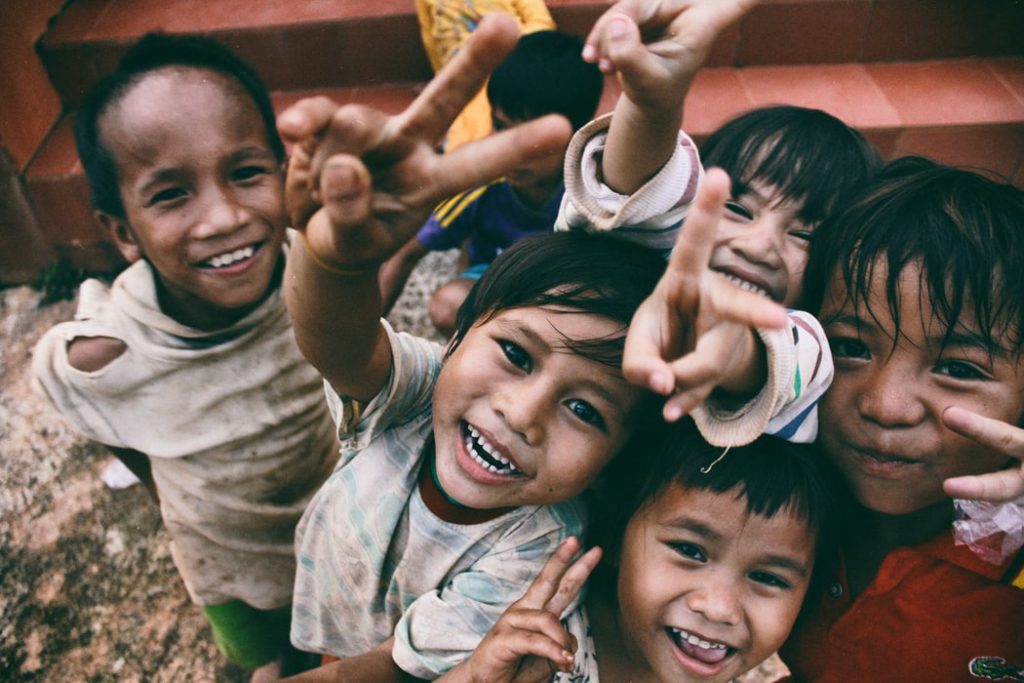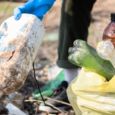Save the Children is preparing for the eventuality that up to 86 million more children will be pushed into poverty in low and middle-income countries, including the Philippines, as parents and caregivers lose their jobs and sources of income due to the economic impact of the COVID-19 pandemic.
A joint analysis by Save the Children and the United Nations Children’s Fund (UNICEF) showed that the number of children living in poor households across developing and emerging countries could increase by 15%, and estimated to reach 672 million by the end of 2020.
Meanwhile, countries across Europe and Central Asia could see the most significant increase, up to 44% across the region while Latin America and the Caribbean will be up by 22%.
It cited that the poorest families have high exposure to COVID-19 as they lack access to social care services or compensatory measures which further limits their ability to abide by containment and infection mitigation measures such as physical distancing.
Atty. Alberto Muyot, Chief Executive Officer of Save the Children Philippines, said children experience poverty differently compared to adults as it impacts their health and survival, learning and development due to neglect, and exposure to risks including hazardous work and being lured to sexual abuse and exploitation.
“The voices of poor and vulnerable children are often unheard by society further leading to social exclusion and many forms of discrimination,” said Muyot. “Poverty for children means enduring pain, stigma, shame, and loss of self-esteem thereby attracting ridicule or insult and causing deep psychological impact on young minds.”
Prior to the pandemic, the Philippine Statistics Authority (PSA) already identified in 2017 that children belong to the poorest basic sector, next to farmers and fisherfolks. In a study presented by the World Bank, most of the children who are undernourished belong to farming and fishing communities. While poverty incidence for children is at 31.4% at the national level, poverty is even worse in the conflict-affected provinces of Bangsamoro Autonomous Region in Muslim Mindanao (BARMM) at 63%.
The pandemic’s impact is worse among children whose families rely on the informal economy but could not recover since the enhanced community quarantine like the public utility drivers, vendors, etc. In addition, children of the massively displaced 300,000 Overseas Filipino Workers (OFWs) as well as of the 5 to 10 million workers at home who stand to lose jobs by the end of 2020, as reported by the government, will definitely take a heavy toll.
The joint analysis warned that the immediate loss of income means families are less able to afford the basics, including food and water, less likely to access health care or education, and more at risk of child marriage, violence, exploitation, and abuse.
Dr. Amado Parawan, Health and Nutrition Advisor of Save the Children Philippines, said poverty has a very serious impact on children’s health and well-being.
“Undernutrition due to starvation or hunger and illnesses, especially among children below two years old, affect their physical growth and cognitive development. Studies have shown that the damage is permanent or irreversible” said Parawan.
“The shocking poverty impacts of the COVID-19 pandemic will hit children hard. Children are highly vulnerable to even short periods of hunger and malnutrition—potentially affecting them for their whole life. If we act now and decisively, we can prevent and contain the COVID-19 pandemic threat. This report should be a wake-up call for the world. Poverty is not inevitable for children,” said Save the Children International CEO, Inger Ashing.
“The scale and depth of financial hardship among families threaten to roll back years of progress in reducing child poverty and to leave children deprived of essential services. Without concerted action, families barely getting by could be pushed into poverty, and the poorest families could face levels of deprivation that have not been seen for decades” said Henrietta Fore, UNICEF Executive Director.
Anything to add to this story? Share your thoughts with us.
Do you have a story for the WhenInManila.com Team? Email us at story.wheninmanila@gmail.com or send us a direct message at WhenInManila.com Facebook Page. Interact with the team and join the WhenInManila.com Community at WIM Squad! Join our Viber group to be updated with the latest news!





